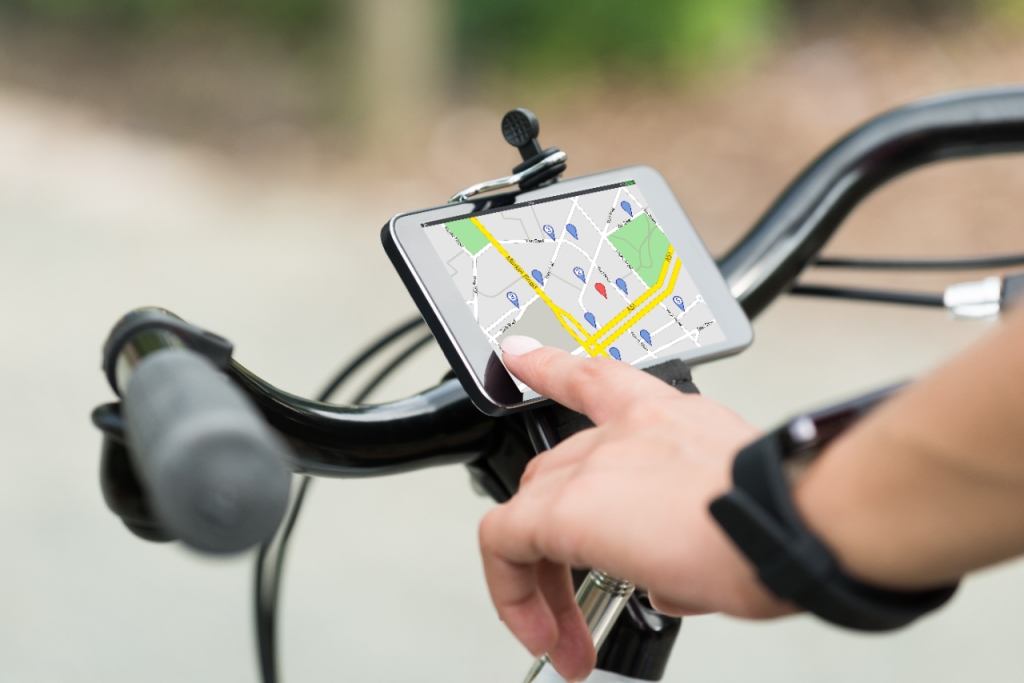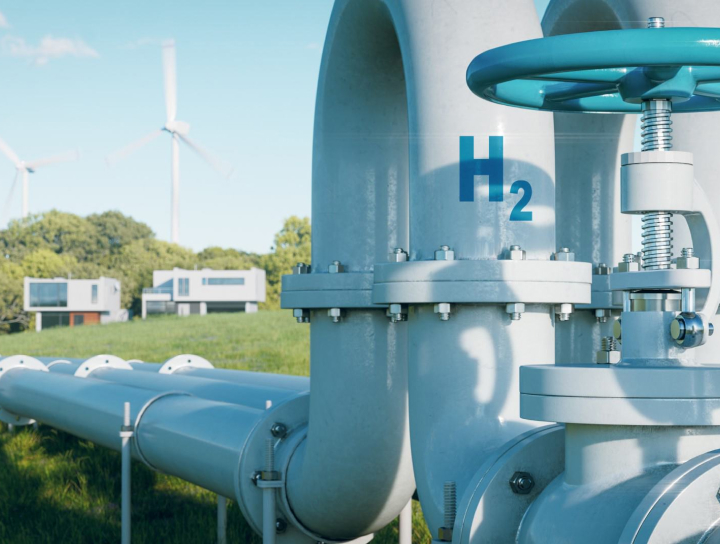How are we taking on this challenge?
How are we taking on this challenge?

Sustainable mobility
We are working to accelerate the decarbonization of mobility by relaying on technology
Sustainable movility is one of the biggest challenges the world faces today
Electric transport is the widest known option and the most commonly driven by regulators, but it is not the only one nor is it the fastest or most sustainable.
At Repsol Foundation we believe that we need to consider all the technologies that will contribute to decarbonizing transport as quickly and efficiently as possible. These options include renewable hydrogen, biofuels, and synthetic fuels, and any other alternatives that may become available.
How are we taking on this challenge?

The goal: transport with a lower impact on the planet
When we talk about movility, we mean it in the broadest way. It covers both personal displacements as well as transport of goods. In both cases, the goal is to reach net-zero emissions.
We will do this through innovation and the creation of expert know-how highlighting the importance of technological solutions. This is possible thanks to our energy transition University Chairs.

The pillars which hold up Repsol Foundation
These three pillars are essential to walk towars the energy transition. A solid chain from experts to society to create and spread knowledge.
Research, with our Energy Transition University Chains.
Innovation, thanks to the Entrepreneurs Fund and its support for initiatives that drive change.
Dissemination, via Open Room, our open platform for sharing expert knowledge.
Want to learn more about sustainable movility? Visit Open Room, the Repsol Foundation project created to generate and spread knowledge to help driving the energy transition.